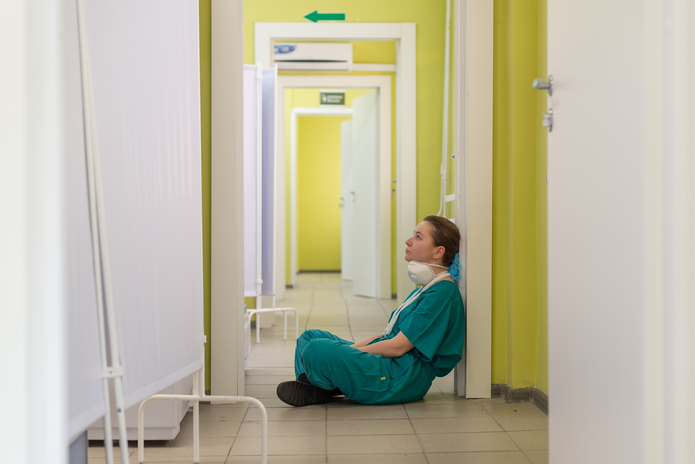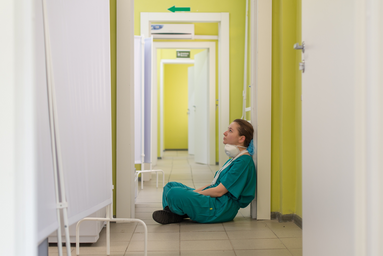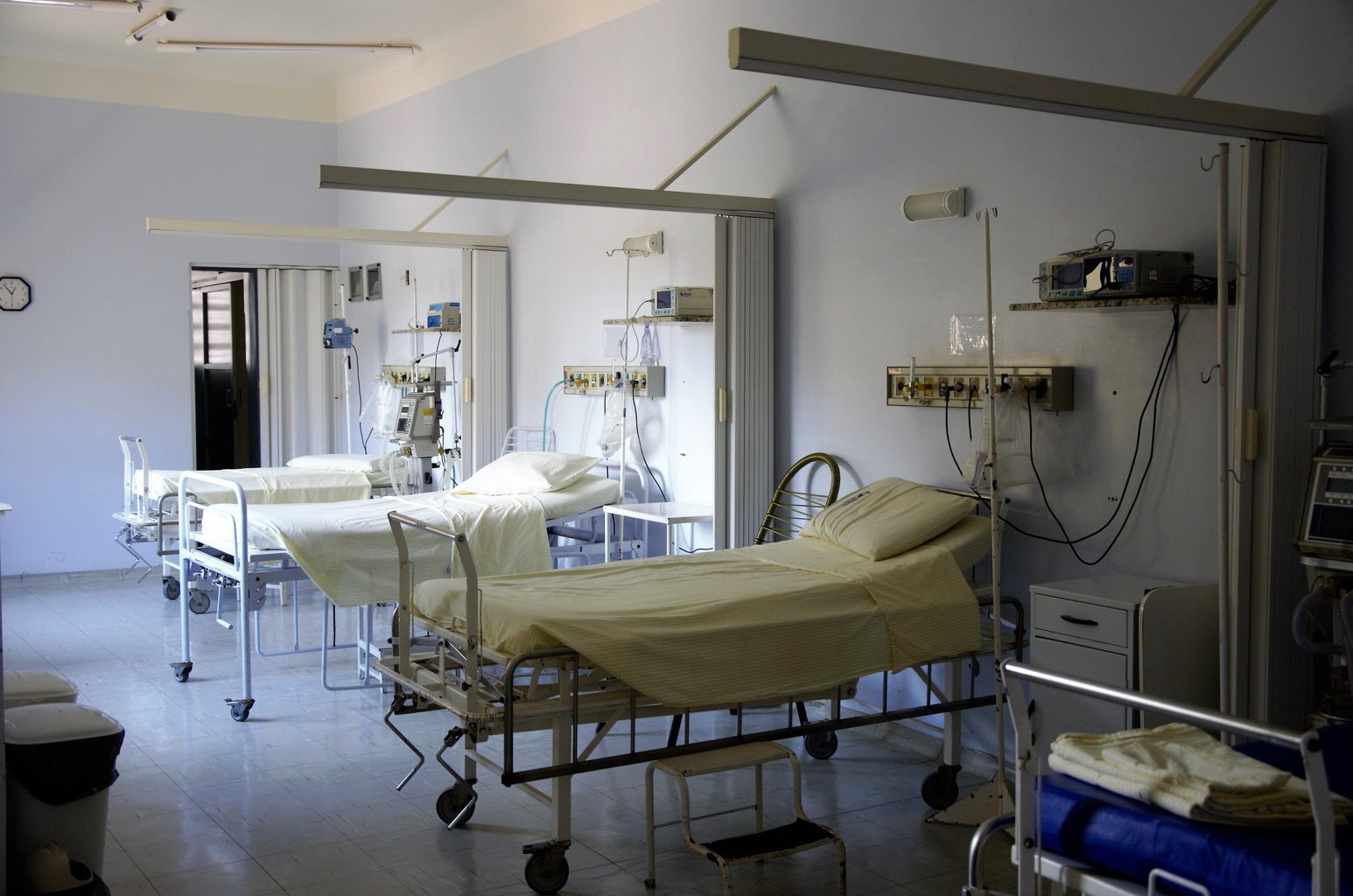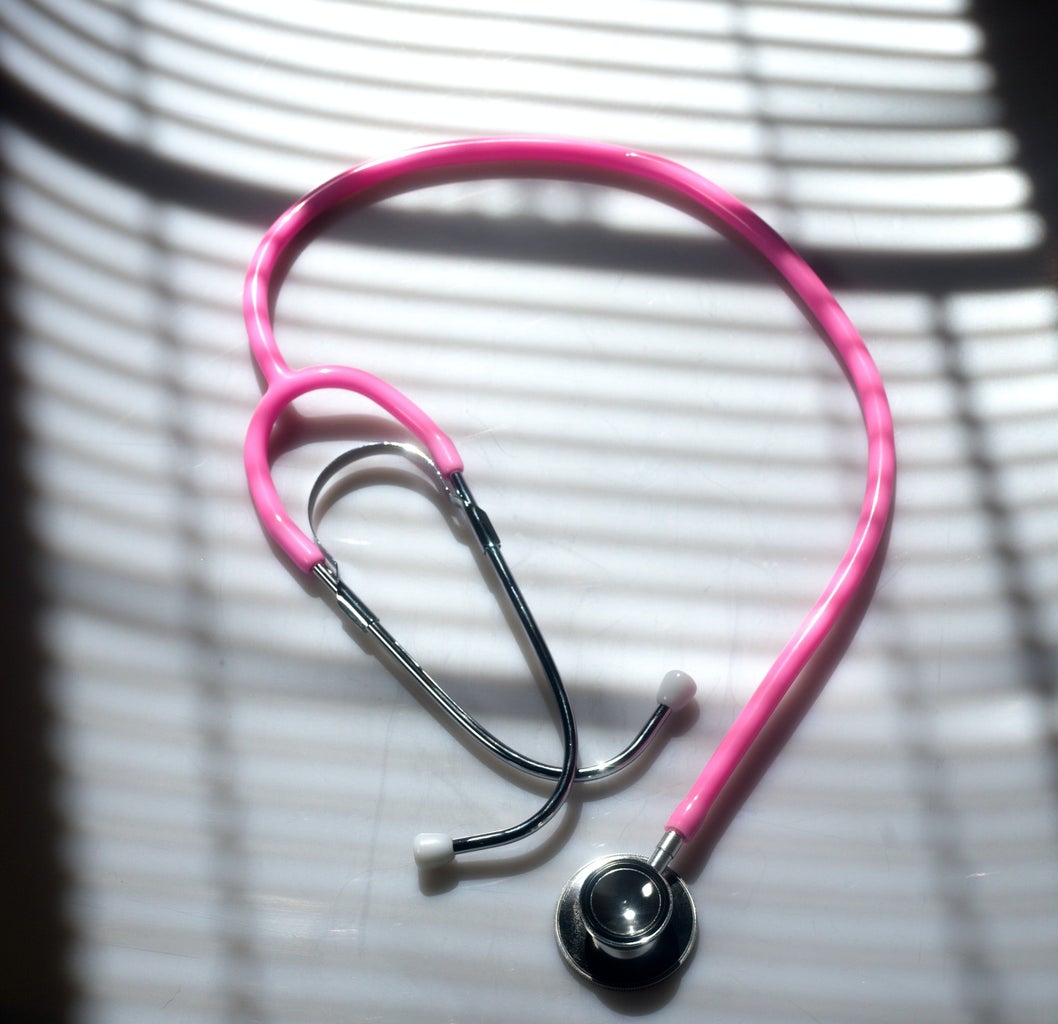When most people think of Greece, they picture the gorgeous scenery, beautiful beaches, and amazing food. What people fail to realize, however, is Greece’s economic status. In fact, Greece is one of the poorest countries in the entire European Union. Although Greece has always shown signs of poverty, the debt crisis in the early 2010s truly destroyed Greece’s economy. The debt crisis has had many impacts on Greece and Greek individuals, but it particularly ruined Greece’s healthcare system, creating a public health crisis.
An underreported issue concerning the issue of the Greek public health crisis is the lack of hospitals and hospital beds accessible to Greeks nationwide. I hail from the northern mountainous region of Greece called Epirus, one of the poorest regions in all of the European Union. To paint this picture for you, my grandmother had a stroke in 2012 in our hometown of Igoumenitsa, which is one of the biggest cities in Epirus and an important Greek port city. Yet, the closest hospital is not only an hour away but also very small and incapable of providing for patients. When the ambulances got my grandmother into their vehicle, they drove around for six hours in hopes of finding her a bed at a hospital. She was eventually placed at an extremely rundown, impoverished hospital, where she later passed away.
The lack of hospitals and hospital beds in Greece is partly due to the economic crisis. The crisis led to several budget cuts in the healthcare system, which still continue to happen in the present. A study found that Greece has had the largest cutbacks to the healthcare sector seen across Europe in modern times. These cutbacks have resulted in severe consequences. Some alarming statistics include infant mortality increasing by 43% and state funding decreasing for mental health by 55%.
Greece’s austerity is still a major issue today. Patients who should survive are dying at rapid rates, unlike anything we’ve ever seen before. These budget cuts affect not only hospitals as institutions but also staff and equipment. An average Greek hospital has one nurse for every 40 patients. A medic in Zakynthos, a Greek island off the Ionian Sea, also stated that their ICU unit had lost 150 beds, and the remaining beds could not be sanitized due to insufficient supplies. This problem is also present in the country’s capital, Athens. A doctor in charge of the ICU in multiple pediatric hospitals in Athens stated that a huge issue is people retiring and never being replaced. These circumstances are killing healthy people.
It may be hard to believe that such a glamorized country like Greece could be facing these conditions, but it is unfortunately very real and true. Greece is primarily funded by tourism, but the rest of the country sees none of this money. The lack of hospitals, staff, and equipment has resulted in the worst health crisis in modern-day Europe. The death toll in Greece is increasing each year with no solutions on the horizon.
Can’t get enough of HC UMass Amherst? Be sure to follow us on Instagram, listen to us on Spotify, like us on Facebook, and read our latest Tweets!






